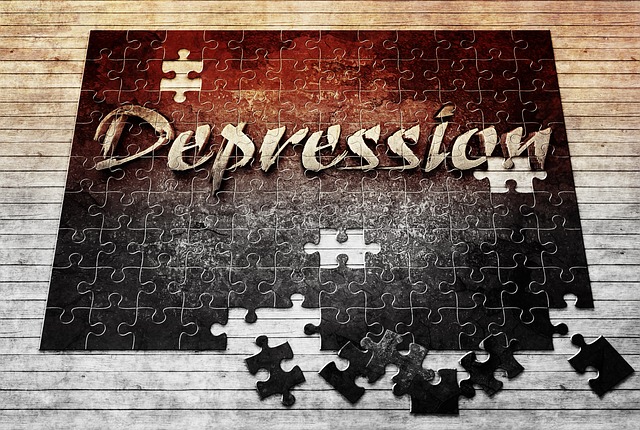Are you feeling tired and worn out? You might have lost interest in doing anything. It’s difficult to get a good night’s sleep or the opposite, you are sleeping all the time. Maybe your mind is spiraling in different directions, and you don’t know how to silence it so that you can focus on one thing. Your mind won’t give you a break; so many things are going on there telling you that you messed up and you are no good. You are too distracted to do what you really want to do. And maybe you just want to stay away from people. When experiencing depression, anxiety, or hard times in general, it can be difficult to connect with God.
The Psalms are proof that you are not the only one who has experienced such hardships. And God welcomes all your thoughts and emotions. God is not afraid of them and that’s the great thing about the psalms. It is full of people just like you and I expressing their pain, anger, sadness, hopelessness, and frustration to God.
When you read some of them, you might give the person a side eyed look like, did he actually say that?
For example, in Psalm 109, David is praying against people whom he felt betrayed him and some of the things he says are not nice (to say the least). In most of the other psalms, the authors have good things to say about God; even if they lament all the way through, they end with something hopeful about how they trust God such as Psalm 73 when Asaph realizes he doesn’t need to envy the wicked and Psalm 10 where the psalmist affirms his trust in God even though he initially felt God was far away. But you have psalms like Psalm 88 where Heman the Ezrahite is so depressed and hopeless that he ends the psalm with “Darkness is my only friend.” He talks to God all the way through and finds no relief at this time to the point where he still feels down at the end of the psalm. I guess this is the reality of life, right? God doesn’t always take the pain away immediately.
One thing we can learn from the psalms is that these people were processing what they were going through with God and God commended that. Regardless of what they were dealing with, God was happy to have them talk to him about it. Isn’t that what helps us not to let our hearts be hard? Unprocessed emotions are what hardens our hearts and keeps us in the darkness. That may be one of the reasons why David was known as a man after God’s own heart because he was always processing. He was always exposing his heart to God, he was real about how he felt no matter how ugly it looked. He wasn’t hiding from God or himself. Therefore, God could clean him up and mold him into the kind of person God wanted him to be. The Psalms are perfect to get real with God and yourself.
So now that you know how the psalms can help you, the question is how do you do it? Where do you begin? How do you read the psalms when you are feeling down or depressed?
How to use the Psalms to deal with depression
- Pick a psalm and slow yourself down as you read it. Use the example I described in “Slow down and spend this time with God” as a template in examining your heart as you read.
- Pick a psalm and read it out loud and pray through it. There is something about reading out loud that connects you to what you are saying. This can help you be more present especially if you are distracted by your thoughts.
- Write your own psalm. The psalms are people like you and I’s thoughts on paper. Read one of the psalms for inspiration and write out your own thoughts and feelings.
- Pick a section of the psalms to read. If you notice, the psalms are divided into five sections. If you are not sure you can commit to reading all 150 psalms, start with one section and read all of those psalms.
- Book I – Psalms 1-41
- Book II – Psalm 42-72
- Book III – Psalm 73-89
- Book IV – Psalm 90-106
- Book V – Psalm 107-150
- Listen to sermons or a podcast series on the psalms. There are many studies, podcasts, sermons, etc on the psalms. Pick one and follow it all the way through. Here are some of the ones I’ve listened to that inspired some of the thoughts you just read: Timothy Keller’s “How to deal with dark times,” Douglas Jacoby’s podcast series on the Psalms, and Deep Spirituality’s podcast episode on “How do I learn to pray from the psalms?”
If any of this inspired you to look into counseling/psychotherapy as well, please reach out at www.ajabtherapy.com



2 Responses
This is very insightful! Thank you!
You’re welcome 🙂